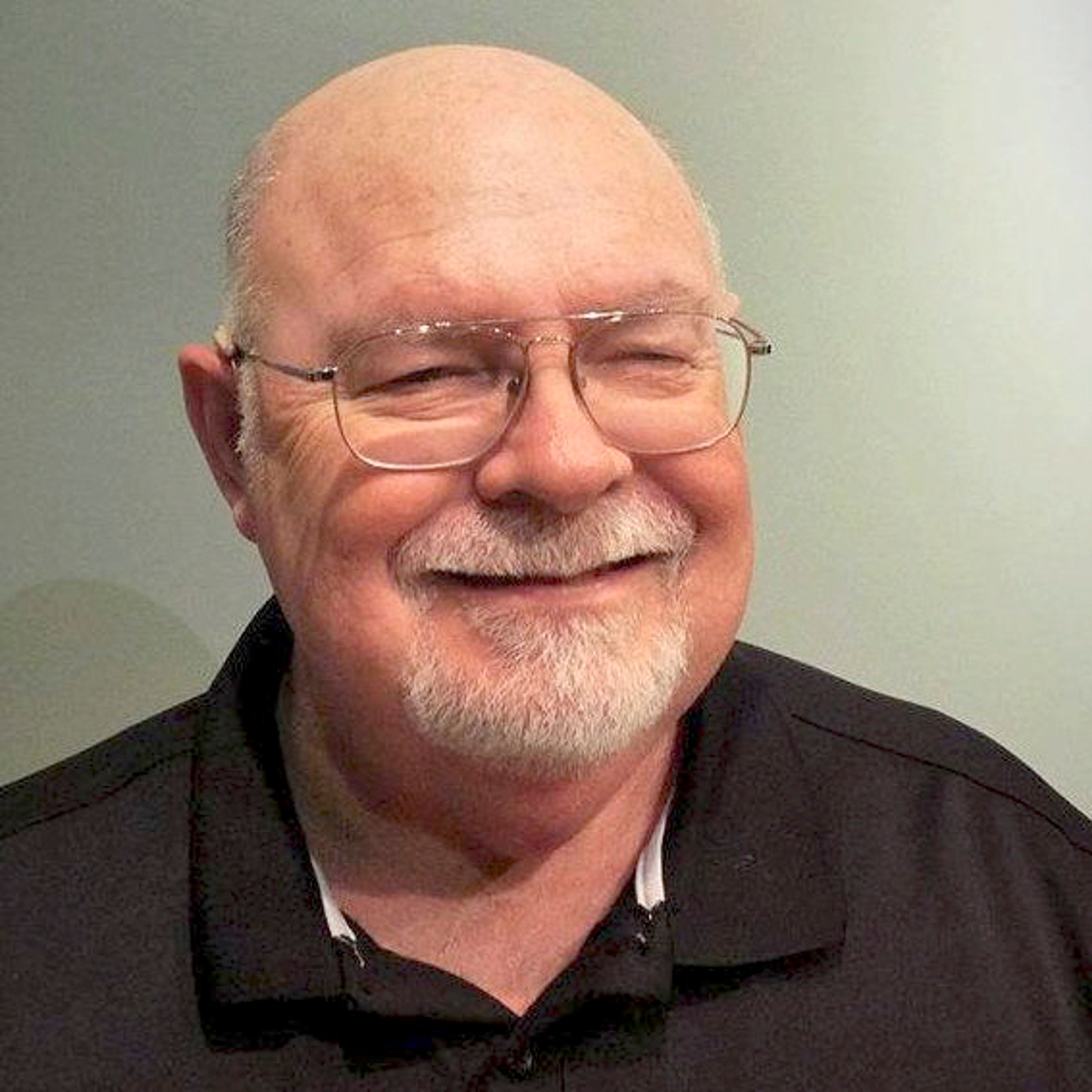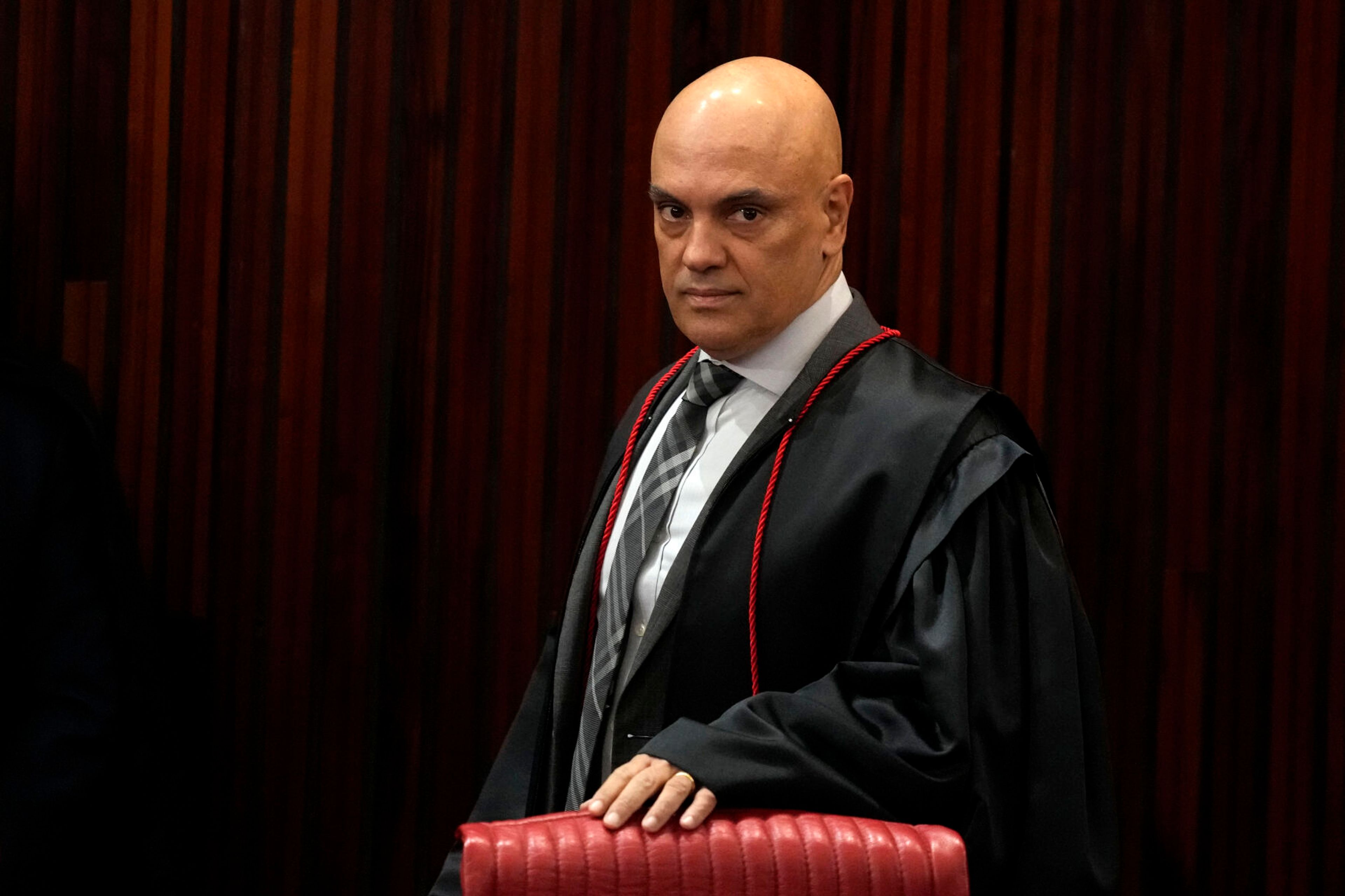Rather than contrition, Giddings seeks a promotion
Editorial: The Tribune’s Opinion
Say what you will about the Idaho House Ethics Committee’s resolution of the Aaron von Ehlinger fiasco.
By essentially booting the Lewiston Republican and accused rapist out of the Legislature last month, it at least offered some degree of vindication for a 19-year-old legislative intern who reported how he lured her into his Boise apartment and then forced her to engage in oral sex.
In contrast, the Legislature’s apparent indifference to the transgressions of Rep. Priscilla Giddings, R-White Bird, could do lasting damage to sexual abuse victims throughout the state.
The paper trail clearly shows Giddings doxxed von Ehlinger’s victim, otherwise known as Jane Doe. In both her own legislative newsletter and on Facebook, Giddings linked to a Redoubt News blog that identified the teenager by name and included her photograph. That same photograph appeared on Giddings’ Facebook page.
News outlets, including The Associated Press, also reported that Giddings “scoffed and laughed at times during the (von Ehlinger) hearing, including when the intern’s attorney suggested that the bullying the intern had experienced would make other women less willing to report sexual assault.”
Only after two members of the Ethics Committee, Reps. Brent Crane, R-Nampa, and John Gannon, D-Boise, grilled Giddings about breaching the woman’s confidentiality did Redoubt News remove the woman’s name from its article and the White Bird Republican remove Jane Doe’s picture from her Facebook page.
Too little, too late for any domestic violence or sexual abuse victim in Idaho, who now understands if she goes public with an accusation against the perpetrator — especially a prominent figure — her privacy and personal safety will not be guaranteed.
How many of them will decide not to move forward?
So recently, about 60 people gathered at a Statehouse rally hosted by the Idaho Female Veterans Network to hold Giddings accountable.
At the same time, nearly 6,100 people across the state have signed the American Civil Liberties Union’s petition calling upon Giddings to step down.
“Rep. Giddings’ conduct has been nothing short of unacceptable,” the petition reads. “The House Ethics and Policy Committee should strongly condemn her behavior and find by clear and convincing evidence that she engaged in conduct unbecoming to a representative which is detrimental to the integrity of the House as a legislative body in violation of House Rule 45 (2)(b)(i).”
You can sign the petition at action.aclu.org/petition/id-giddings-ethics-investigation.
Given the scope of the coalition coalescing behind this effect — members include the Idaho 97 Project and the Idaho Coalition Against Sexual and Domestic Violence — you’d expect Giddings to be called to account.
That certainly would be the case in Washington.
There, an independent Legislative Ethics Board — consisting of five citizens and four legislators — not only can act on any citizen’s complaint, but it can initiate an investigation on its own.
And under a 2019 Washington Supreme Court ruling, the panel must acknowledge receipt of a complaint — even at a preliminary point in the inquiry — if a public records request is filed.
On its own authority, Washington’s panel can find a lawmaker in violation of state laws. Were it sitting in judgment of Giddings, it would review whether she engaged in sexual harassment or improperly disclosed confidential information.
It could also issue a reprimand, impose a civil penalty of up to $5,000 per violation, require compensation for the cost of its investigation and restitution to the state for any damages the violation caused.
Beyond that, the panel can recommend the legislative chamber suspend or expel the member.
None of which appears to be happening to Giddings. In fact, she’s going for a promotion. The three-term legislator has announced her candidacy for lieutenant governor.
For one thing, Idaho is among a handful of states without an independent public ethics commission. In the House, for instance, five members — three Republicans and two Democrats — presided over the von Ehlinger case. Although the cops and courts ultimately will decide von Ehlinger’s criminal culpability, the stipulated facts alone resulted in the committee recommending his suspension from office for the duration of his term. Before the full House could act on that recommendation, von Enhlinger resigned.
For another, a decade ago, then House Speaker — and now Secretary of State — Lawerence Denney presided over a change that shut the public out of the process. Forevermore, only a lawmaker could bring an ethics complaint against a fellow legislator.
So the ACLU could round up 60,000 or even 100,000 signatures. It would not equal the voice of just one lawmaker.
Who is that individual going to be?
A member of the House Democratic caucus?
Why would the minority party risk the ire of the majority, merely to clean up the GOP’s own mess?
House Speaker Scott Bedke, R-Oakley?
Now that he’s also a candidate for lieutenant governor, any steps he takes against Giddings will be viewed through the prism of GOP primary politics.
Even if some brave soul in the House has filed a complaint, the Ethics Committee will operate in secret until or unless it concludes sufficient evidence exists to call a public hearing.
All of which goes to show Giddings is only the latest, if the most conspicuous, beneficiary of Idaho’s inadequate public ethics laws. — M.T.








